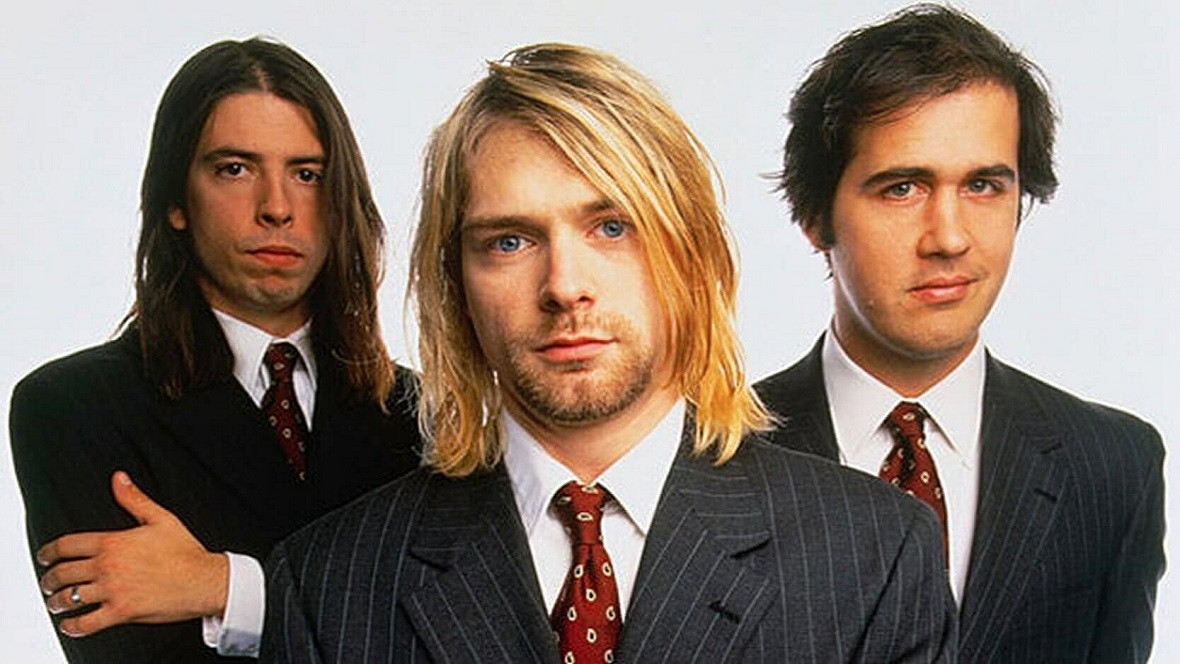Introduction to "All Apologies" by Nirvana
One of the standout tracks in Nirvana's discography, "All Apologies" remains an iconic 1990s song that continues to captivate listeners with its raw energy and profound lyricism. This song, initially released in 1993, is a testament to the band's ability to seamlessly blend grunge and alternative rock aesthetics, showcasing their unique sound and style.
Cultural and Historical Context of "All Apologies"
Released in the heyday of the alternative rock movement, "All Apologies" was an integral part of Nirvana's final studio album, "In Utero". This piece truly encapsulates the spirit of the 1990s music scene, mirroring the cultural shift towards a more introspective and rebellious form of expression. It was during this time that Nirvana, fronted by the legendary Kurt Cobain, played a pivotal role in shaping the cultural and musical landscape.
Interesting Fact about "All Apologies"
One fascinating fact about this track is that it was originally recorded in a slightly different form for the "In Utero" album. However, the version that gained widespread popularity is the rendition performed by the band during their MTV Unplugged session. This acoustic version of "All Apologies" showcases the song's raw emotion and intensity, adding a new dimension to the original recording.
Cover Versions of "All Apologies"
Over the years, the lasting impact of "All Apologies" has been reflected in the numerous cover versions by various artists. These covers span across multiple genres, demonstrating the track's universal appeal and the wide influence of Nirvana's music. Notable renditions include Sinead O'Connor's haunting interpretation and the soulful version by jazz pianist Robert Glasper.
The Continued Relevance of "All Apologies"
Decades after its initial release, "All Apologies" continues to resonate with listeners worldwide. Its timeless message, coupled with the undeniable cultural impact of Nirvana, ensures that this song remains relevant in today's music landscape. The track serves as a powerful reminder of Nirvana's enduring legacy, cementing their status as one of the most influential bands of the 1990s.











Comments (0)